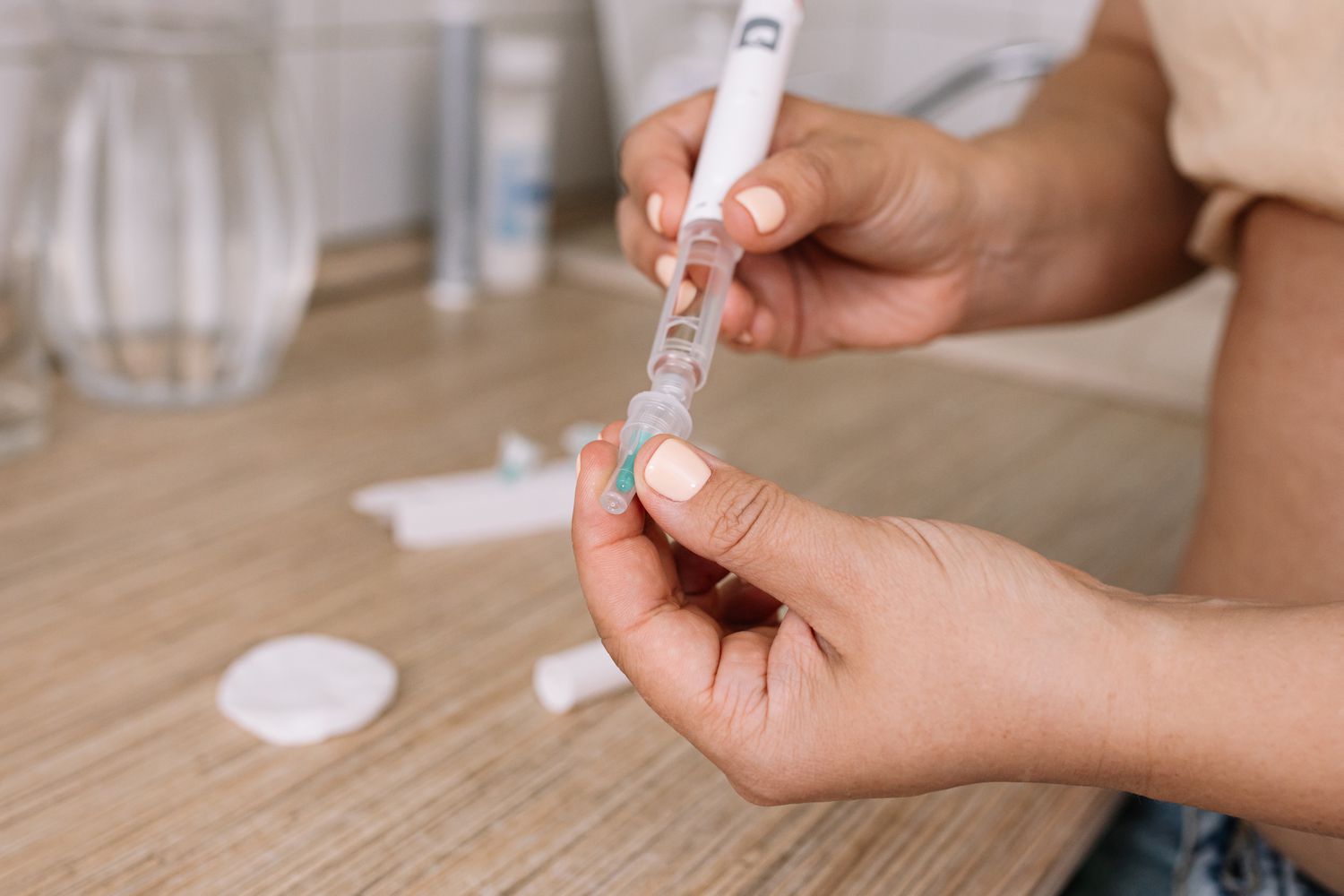As the use of the injectable weight-loss medication Wegovy, which contains semaglutide, becomes more widespread, there are increasing reports of severe overdoses. Semaglutide, also marketed as Ozempic for diabetes, can cause significant gastrointestinal issues at prescribed doses.
However, overdose situations can lead to more severe and dangerous reactions, sometimes necessitating hospitalization. The FDA has issued a warning to healthcare providers and the public about the risks associated with semaglutide overdoses and emphasized the importance of proper dosage.
Overdoses often occur when patients are required to self-administer their medication. Novo Nordisk, the drug’s manufacturer, provides pre-measured doses in disposable injector pens. In contrast, some patients obtain semaglutide from compounding pharmacies, which create custom-dosed vials.
These facilities are allowed to replicate medications in short supply, such as semaglutide. However, patients at these pharmacies must draw up their doses from syringes, leading to potential dosage errors due to complex unit conversions.

Dosing errors arise because syringes might have different scales and markings than those used in pre-measured injector pens. This mismatch, combined with the potential for unclear dosing instructions, can lead to individuals injecting multiple times the intended amount.
The FDA has noted that incorrect dosages, ranging from five to twenty times the prescribed amount, have been reported, highlighting the difficulties in managing medication dosages correctly.
Excessive semaglutide intake can result in severe side effects including nausea, vomiting, abdominal pain, and potentially life-threatening conditions like pancreatitis and gallstones. Overdoses may require extended monitoring and treatment, as the drug’s effects can persist in the system for up to a week or longer. The severity of these reactions underscores the critical need for accurate dosing and patient education.
For those administering their own doses, it’s crucial to receive proper guidance from healthcare providers or pharmacists. If using a syringe to draw up medication, patients must be well-informed about the correct procedures.
This is particularly important for individuals receiving medication through mail-order services, as they may lack immediate access to hands-on instruction. The potential for overdose is higher if patients rely solely on written instructions or online sources without proper professional guidance.
Additionally, the rise of counterfeit semaglutide from unregulated sources poses another risk. Many illegal online sellers offer semaglutide at lower prices, often without a prescription. These products may be contaminated, improperly dosed, or otherwise unsafe.
Research has shown that some of these drugs are not intended for human use and may be substandard. Patients are advised to avoid such sources and consult reputable pharmacists or healthcare providers for legitimate medication and dosing information.
